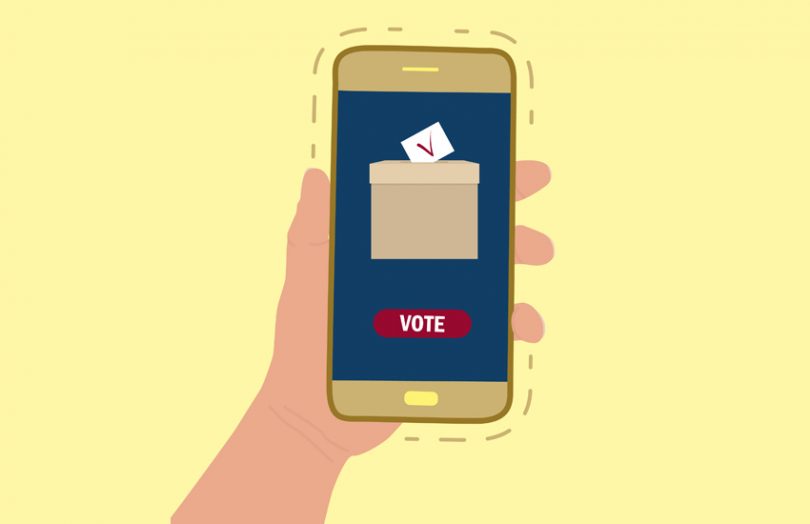On 10 August 2020, India’s Election Commission (EC) discussed how to address geographical voting issues and proposed using blockchain technology as the solution for remote voting. When debating location voting issues, Election Commissioner Sushil Chandra voiced concerns of transparency and voter security regarding using a distributed consensus mechanism. He asserted that if a blockchain solution is to be used, it must be as clear and transparent as possible for voters, as reported by the Indian Express.
As with plenty of other political systems across the globe, India is no stranger to issues in its electoral system. The Indian Journal of Research describes how its majority system ‘leads to divisive politics’, and how its money power influence leaves votes being treated like ‘market goods through buying and selling.’ Missing voters, citizens who are unable or denied the opportunity to vote are also a major problem. Electoral data from the Centre for Research and Debates in Development Policy and the Karnataka’s Chief Electoral Officer’s website shows that 15% of citizens were not included in the voter lists.
If remote voting is permitted, blockchain could easily help with this issue, in order to ‘facilitate easy participation [for voters] who are not able to come to the polling station,’ according to Secretary-General Umesh Sinha. A question that remains is which of the blockchain networks is safe, secure, scalable and trustworthy enough for the challenge?
Blockchain has been used for voting before, with Voatz providing its mobile platform to the Republican Party of Arizona officials for the May 2020 Convention of the Republic party during the pandemic. The solution has also been used on other occasions.
In July, the Russian Supreme Court used blockchain to vote during a remote plenary session. Plus, some Moscow residents had the opportunity to vote electronically on a constitutional change. Notably, the web portal for the remote voting crashed just shortly after it went live. Additionally, the Russian press reported that the Moscow voter details had been stolen.
While the data within the blockchain itself is very hard to alter, making its security extremely high, there are plenty of vulnerabilities that can come from the voting apps themselves.
MIT researchers identified multiple security vulnerabilities in the Voatz app, which would allow ‘adversaries to alter, stop, or expose a user’s vote.’ Furthermore, given the importance of such an app, MIT stressed the type of attacks such apps would most certainly be exposed to. These include attackers that could gain control of the voter’s device as well as Voatz’s API server and those who could intercept all the network activity between the device and the server. Since releasing this research, Voatz’ rejected the allegations, claiming the MIT researchers had reverse-engineered an older version of the application.
India is aware of the security concerns involved in the use of voting apps, with Indian Express quoting the CEO of Global Blockchain Business Council, Sandra Ro, as stressing the importance of security behind technological innovations. Despite this, Ro notes that it’s time for India to lead the technological evolution of voting systems, with the Indian Government’s Principal Scientific Advisor encouraging the Electoral Commission to experiment with blockchain voting on a small scale, and ultimately, to use it for remote voting.






